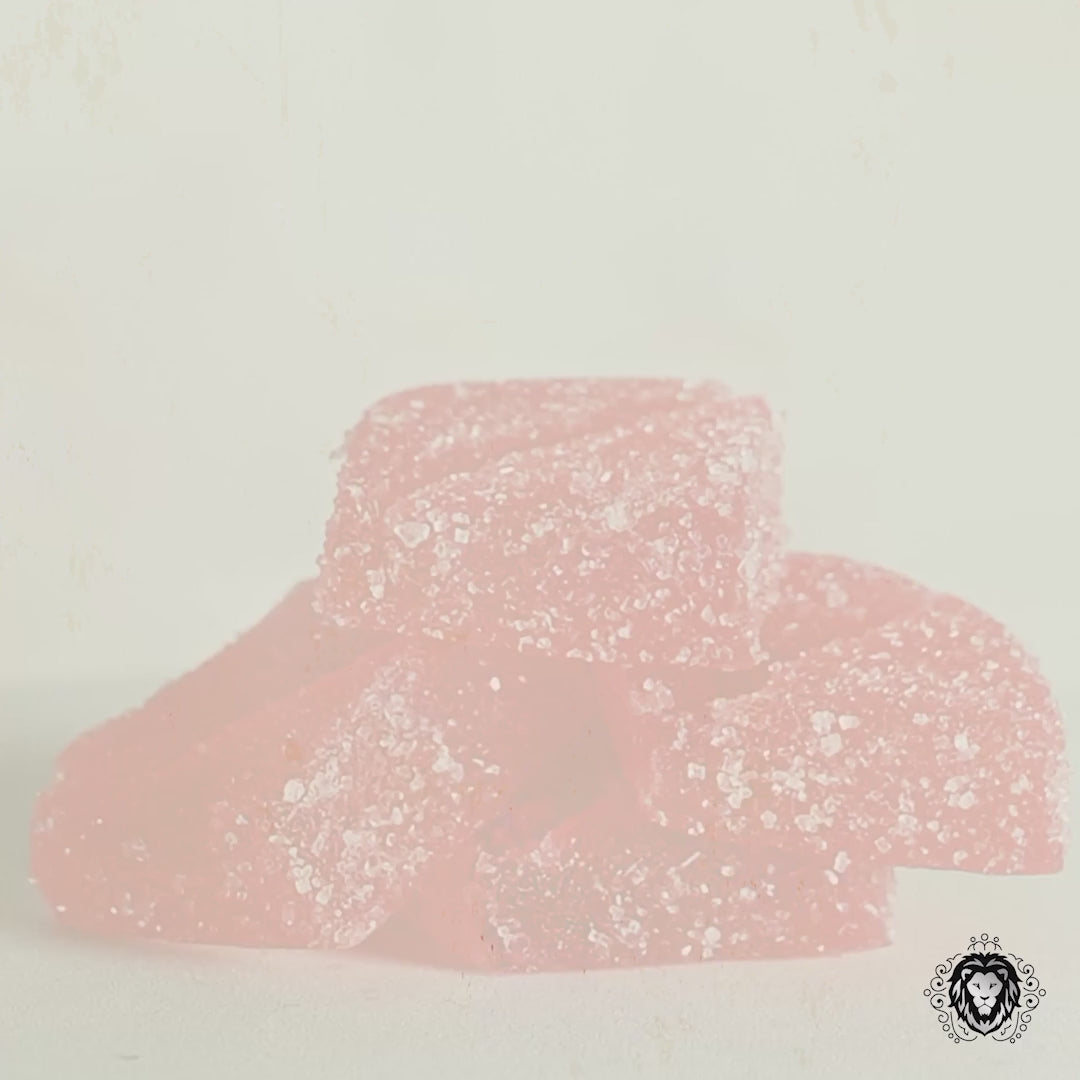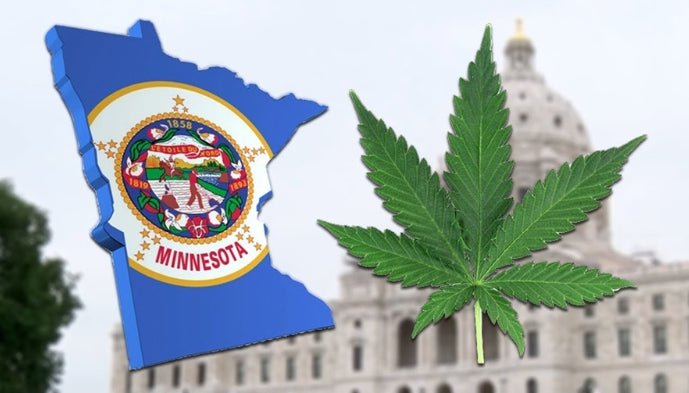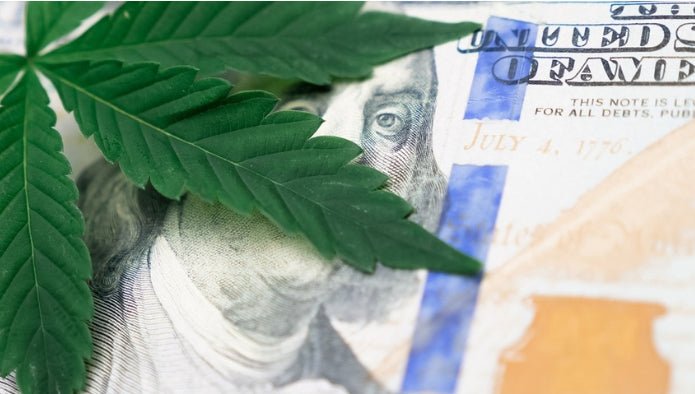A team of university scientists believes they have discovered a way for the multi-faceted plant to remove contaminants left behind in the soil.

The potential number of positive applications for hemp continues to evolve and expand. An example of that innovative growth concerns using hemp plants to clean up soil polluted by per- and poly-fluoroalkyl substances (PFAS). First reported by Hemp Today, researchers at Northern Michigan University (NMU) are analyzing hemp’s ability to draw up PFAS from the ground and degrade the poisonous compounds, often called “forever chemicals” because they do not break down naturally.
PFAS are manufactured substances that resist grease, oil, water, and heat. First used in the 1940s, these chemicals can be found in items including stain- and water-resistant fabrics and carpeting, cleaning agents, firefighting foam, paints, as well as personal care products such as waterproof mascaras and eyeliners, sunscreen, shampoo and shaving cream. Likewise, the FDA has also approved their limited use in food packaging, processing equipment and cookware.

From a chemical composition standpoint, individual PFAS can vary widely. However, they all possess a solid carbon-fluorine bond, meaning they do not degrade or break down quickly.
Because of that lack of natural degradation, PFAS have drawn the ire and scrutiny of environmental organizations and health and safety agencies more and more in recent years. They have become so prevalent and hazardous that, according to the Environmental Protection Agency (EPA), PFAS have been discovered in humans, water, air, fish and soil samples.

Leading the research team at NMU is Chemistry Professor Lesley Putman. According to Putnam, cultivating hemp plants in contaminated areas would be a significant advancement over less cost-effective methods involving reverse osmosis or granular-activated charcoal.
Her team first began researching the effects of hemp with PFBA, a smaller, non-toxic type of PFAS compound. Their discovery was nothing short of remarkable. Putnam said the hemp took the PFBA up into its leaves, stems and flowers but did not negatively affect plant growth. Furthermore, they observed that PFOS and PFOA, two toxic PFAS variants which appear in larger molecules, remained isolated primarily in the roots and did not travel further up the plant.
PFOS has been reported in wastewater from the sewage treatment plant at the former KI Sawyer Air Force Base in Michigan’s Upper Peninsula. Likewise, that same toxic compound was also found at a military base in Maine, where a separate experimental study is being conducted to understand hemp’s ability to clean up contamination caused by the longtime use of firefighting foam.
There is a growing movement on the part of manufacturers to phase out the production and use of PFAs gradually. Moreover, the EPA is expected to classify certain PFAS compounds as “hazardous substances” this year. The agency also plans to require businesses to report releases of PFAS. In addition, it will seek more power from Congress to go after polluters as it analyzes dump areas and attempts to recover remediation costs.
The use of hemp to reverse the toxic effects of pollutants like PFAS is just one of many untapped uses for the versatile yet still very misunderstood plant. Along with the study results generated by Putnam and her team at NMU, it has also proven successful in purifying polluted groundwater and removing PFAS chemicals from topsoil in a program funded by industrial titan 3M in Belgium.
In just five years since the 2018 Farm Bill made it legal once again, hemp has gone from a Schedule 1 narcotic to a wildly diverse and financially successful power crop in the United States and globally. With the new Farm Bill up for renewal later this year, there is a strong hope that Congress will help to expand its ever-growing potential and overall impact on the American economy and culture.







































